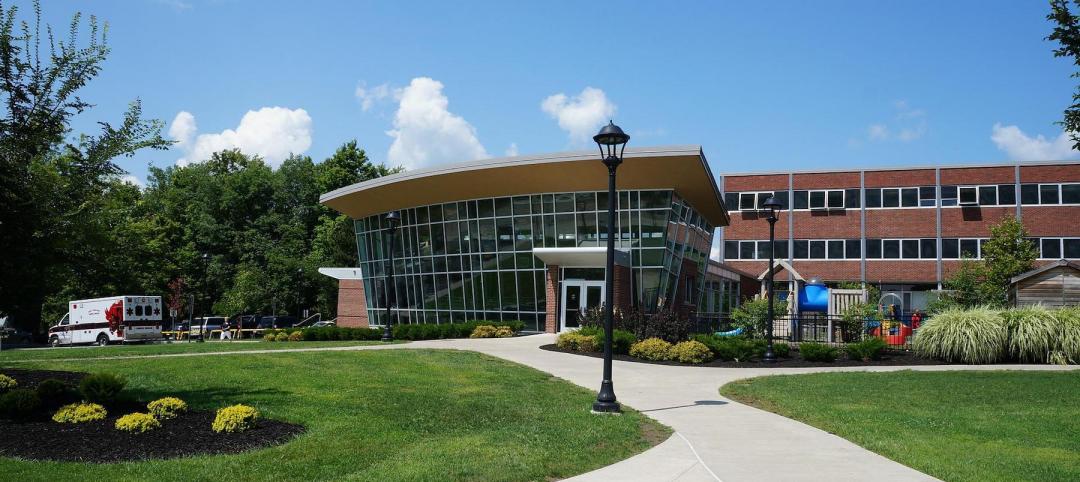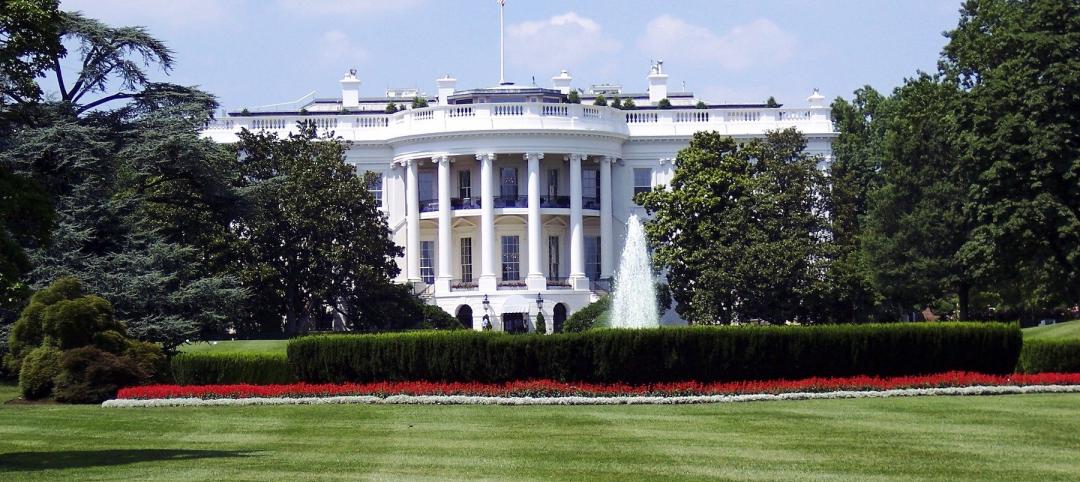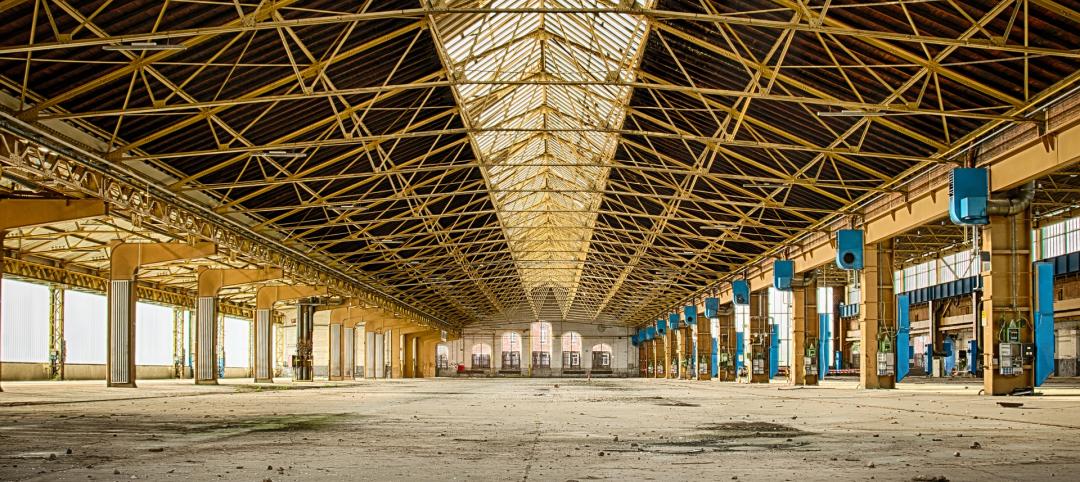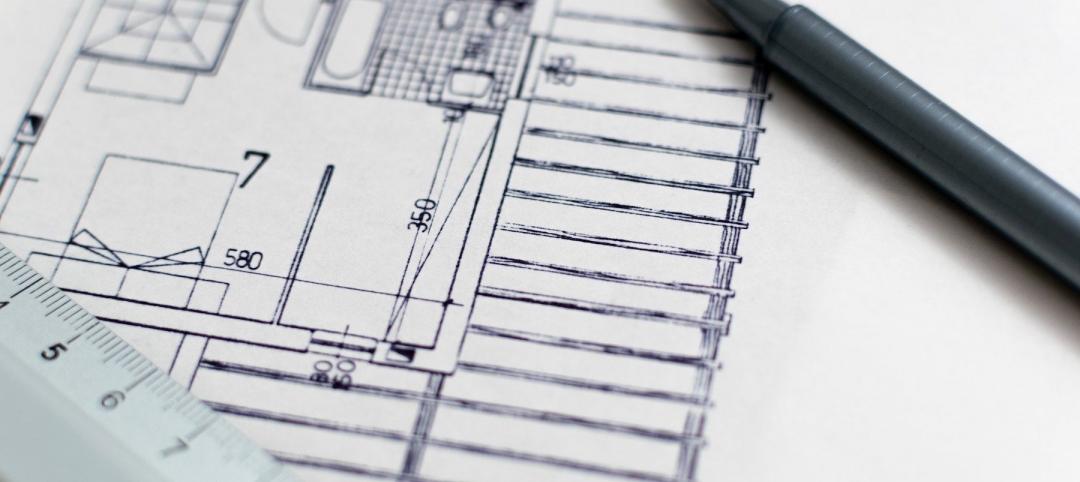A plan to preserve one of Chicago’s most rapidly gentrifying neighborhoods ended in failure when it could not generate community support.
The Pilsen neighborhood, home to Eastern European immigrants in the 19th century and later to newcomers from Mexico, includes ornate “Bohemian Baroque” buildings with brilliant murals expressing the area’s Mexican heritage. The city proposed establishing a historic district to protect more than 850 buildings in Pilsen, but was not able to assuage concerns from neighborhood residents.
The historic district was a part of a larger preservation strategy that included housing supports, economic development measures, park space, and more. Other than some financial support, though, the other measures stalled, prompting suspicion in the neighborhood.
Residents strongly opposed the strategy, fearing that landmarking would not provide relief from displacement and gentrification. Part of the problem: design guidelines on how historic building elements had to be maintained according to the district’s standards were never completed and the city could not present a good estimation on the costs of building repairs nor on the value of incentives that would be available to make repairs.
An important lesson for preservationists is the need to partner with more community development organizations, social justice organizations, housing developers, and planners.
Related Stories
Legislation | Apr 11, 2022
Dept. of Energy releases RFI for K-12 schools energy upgrade program
The U.S. Dept. of Energy (DOE) released a Request for Information (RFI) to help decide how best to spend $500 million from the recently passed federal infrastructure law for K-12 public school energy upgrades.
Codes and Standards | Apr 8, 2022
Dept. of Energy boosts energy efficiency standards for federal buildings
The Department of Energy’s recently released new energy efficiency standards for federal buildings.
Codes and Standards | Apr 7, 2022
Uptake of low-carbon materials expected to get a boost from federal building plan
Low-carbon materials will get a sizeable boost via purchases through a federal $3.4 billion building plan to modernize U.S. border crossings.
Codes and Standards | Apr 6, 2022
ABC and AFSP form partnership on mental health and suicide prevention in construction
Associated Builders and Contractors and the American Foundation for Suicide Prevention recently formed a partnership to address mental health and suicide prevention in the U.S. construction industry.
Codes and Standards | Apr 5, 2022
New York City chooses 20 firms for architectural design services on future public building projects
The New York City Department of Design and Construction (DDC) has contracted with 20 firms to provide architectural design services for the city’s future public buildings projects under the latest round of DDC’s Project Excellence Program.
Codes and Standards | Apr 4, 2022
Construction of industrial space continues robust growth
Construction and development of new industrial space in the U.S. remains robust, with all signs pointing to another big year in this market segment
Legislation | Apr 1, 2022
American Bird Conservancy doubles capacity to test bird-friendly glass
American Bird Conservancy (ABC), working with Washington College in Maryland, says it has doubled its capacity to test and rate glass and other materials for their ability to deter bird collisions.
Modular Building | Mar 31, 2022
Rick Murdock’s dream multifamily housing factory
Modular housing leader Rick Murdock had a vision: Why not use robotic systems to automate the production of affordable modular housing? Now that vision is a reality.
Legislation | Mar 31, 2022
Bill in Washington State would fund seismic retrofits in schools
A bill recently passed by the Washington State Senate could unleash hundreds of millions of dollars for school seismic retrofits over several years.
Legislation | Mar 30, 2022
Wisconsin legislators expand the scope of interior design in the state
Legislators in Wisconsin passed a bill, quickly signed into law by the governor, that codifies holistic interior design legislation and significantly expands the scope of interior design in the state.

















